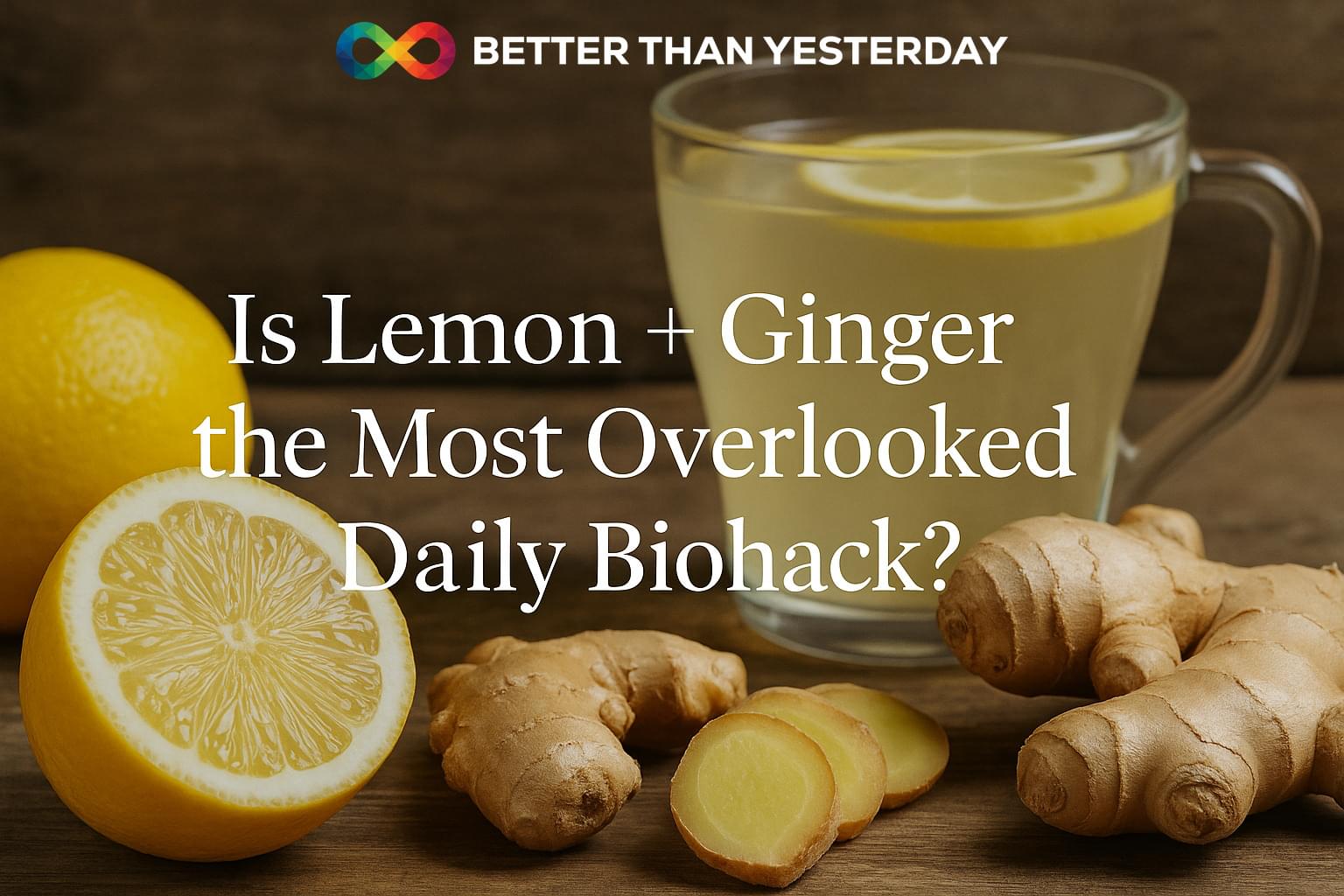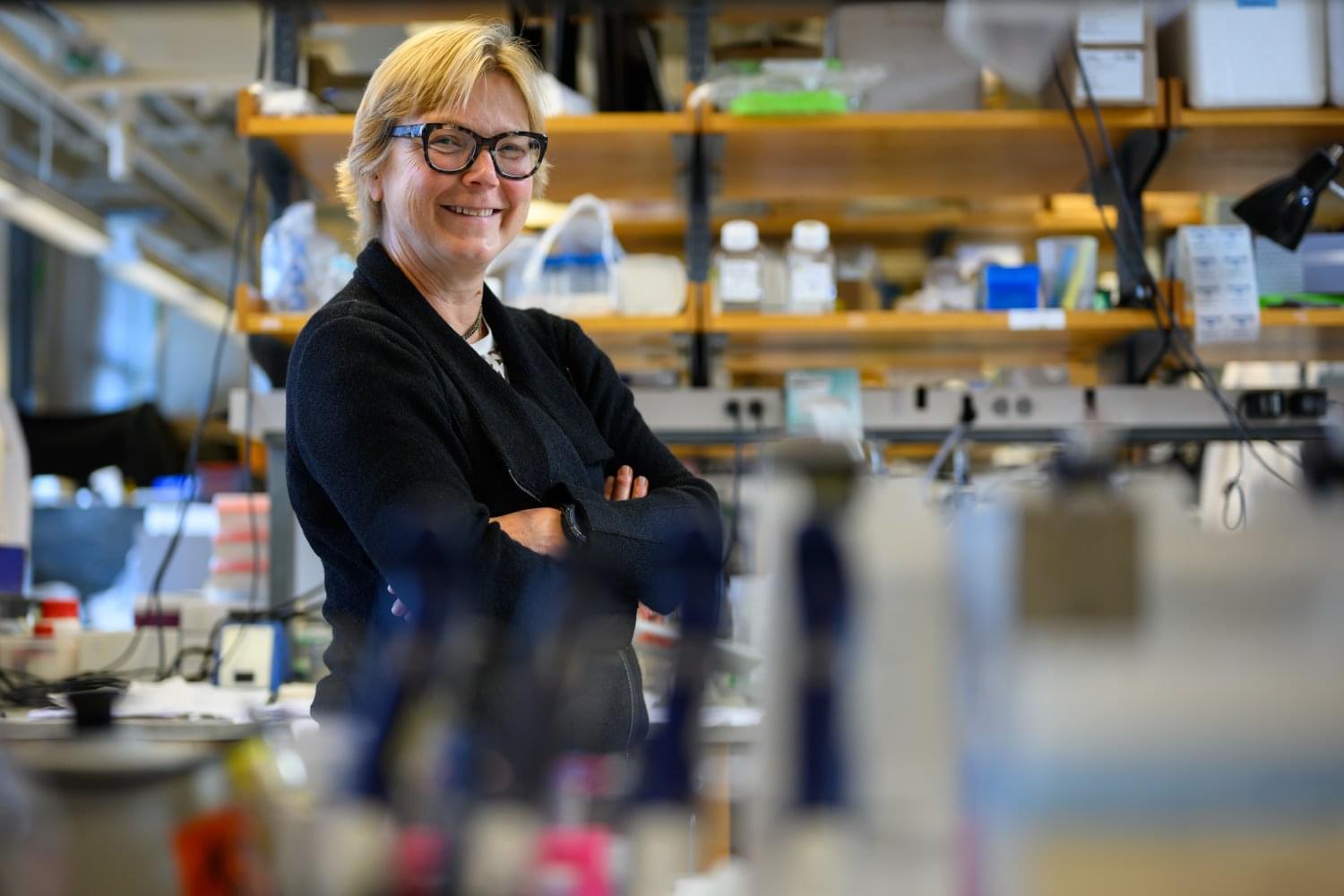This $1 combo might be the easiest, most effective upgrade for digestion, inflammation, and metabolic health.


Cryonics in space, cryostasis repair science, and revival ethics and planning are converging in 2025 to shape a bold new vision for life extension and post-biological freedom.
Join us Thursday, July 31 at 6 PM EST for a virtual service featuring two of cryonics’ leading voices:
Rudy Hoffman – Immortality Through Innovation.
Rudy opens with the visionary idea of cryonics in space and shares how today’s planning tools—annuity structures, revival trusts, and insurance-backed systems—support long-term access to biostasis. He ends with a powerful call to preserve freedom in the era of revival governance.
Alex Crouch – The Bridges to Reanimation.
Founder of Revival Research Group, Alex outlines the six bridges of cryostasis repair science, covering nanotech repair, AI orchestration, simulation, and bioprinting. His roadmap aims to make revival a transparent, collaborative goal.
Opening remarks by Neal Vanderee, officiator of the Church of Perpetual Life, connecting science, spirit, and future readiness.
Schedule:

Going forward, AI has the potential to help balance needs across regions, ensuring care delivery doesn’t compromise chronic or long-term care in the face of emergencies.
Ethical Considerations And Systemic Impact
While AI holds significant promise in healthcare, its implementation must be approached thoughtfully. Challenges such as bias in training data, lack of interoperability and concerns around patient consent and data privacy (particularly under HIPAA) need to be proactively addressed. Effective deployment of AI requires close collaboration between policymakers, clinicians and technologists to establish standards that ensure equitable and inclusive outcomes.
Brian Kennedy is a renowned biologist, leader in aging research, & director of the Center for Healthy Longevity at the National University of Singapore. In this episode, Brian shares insights from ongoing human aging studies, including clinical trials of rapamycin & how dosing strategies, timing, & exercise may influence outcomes. He presents two key models of aging—one as a linear accumulation of biological decline & the other as an exponential rise in mortality risk—& explains why traditional models of aging fall short. He also explains why most current aging biomarkers lack clinical utility & describes how his team is working to develop a more actionable biological clock. Additional topics include the potential of compounds like alpha-ketoglutarate, urolithin A, & NAD boosters, along with how lifestyle interventions—such as VO2 max training, strength building, & the use of GLP-1 & SGLT2 drugs—may contribute to longer, healthier lives.
View show notes here: https://bit.ly/44ShpRB
Become a member to receive exclusive content: https://peterattiamd.com/subscribe/
Sign up to receive Peter’s email newsletter: https://peterattiamd.com/newsletter/
0:00:00-Intro.
0:01:15-Brian’s journey from the Buck Institute to Singapore, & the global evolution of aging research.
0:09:12-Rethinking the biology of aging.
0:14:13-How inflammation & mTOR signaling may play a central, causal role in aging.
0:18:00-Biological role of mTOR in aging, & the potential of rapamycin to slow aging & enhance immune resilience.
0:23:32-Aging as a linear decline in resilience overlaid with non-linear health fluctuations.
0:36:03-Speculating on the future of longevity: slowing biological aging through noise reduction & reprogramming.
0:42:18-The role of the epigenome in aging, & the limits of methylation clocks.
0:47:14-Balancing the quest for immortality with the urgent need to improve late-life healthspan.
0:52:16-Comparing the big 4 chronic diseases: which are the most inevitable & modifiable?
0:57:27-Exploring potential benefits of rapamycin: how Brian is testing this & other interventions in humans.
1:09:14-Testing alpha-ketoglutarate (AKG) for healthspan benefits in aging [1:01:45];
1:13:41-Exploring urolithin A’s potential to enhance mitochondrial health, reduce frailty, & slow aging.
1:17:35-Potential of sublingual NAD for longevity.
1:26:50-Other interventions that may promote longevity: spermidine, 17 HRT, & more.
1:34:33-Biological aging clocks, clinical biomarkers, & a new path to proactive longevity care.
1:45:01-Evaluating rapamycin, metformin, & GLP-1s for longevity in healthy individuals.
1:51:19-Why muscle, strength, & fitness are the strongest predictors of healthspan.
1:53:37-Why combining too many longevity interventions may backfire.
1:56:06-How AI integration could accelerate breakthroughs in aging research.
2:02:07-Need to balance innovation with safety in longevity clinics.
2:10:50-Peter’s reflections on emerging interventions & the promise of combining proven aging compounds.
——-
About:
The Peter Attia Drive is a deep-dive podcast focusing on maximizing longevity, & all that goes into that from physical to cognitive to emotional health. With over 90 million episodes downloaded, it features topics including exercise, nutritional biochemistry, cardiovascular disease, Alzheimer’s disease, cancer, mental health, & much more.
Peter Attia is the founder of Early Medical, a medical practice that applies the principles of Medicine 3.0 to patients with the goal of lengthening their lifespan & simultaneously improving their healthspan.

The Fairbairn Menstruation Science Fund will advance groundbreaking research at MIT on the function of the human uterus and its impact on sex-based differences in human immunology that contribute to gynecological disorders such as endometriosis, as well as other chronic systemic inflammatory diseases that disproportionately affect women, such as Lyme disease and lupus.

IN A NUTSHELL 🚀 Nexus, a $20 million supercomputer, is set to transform U.S. scientific research with its AI power. 🔬 Designed for accessibility, Nexus democratizes high-performance computing, allowing researchers nationwide to apply for access. 🌐 Georgia Tech, in collaboration with the NCSA, is creating a shared national research infrastructure through Nexus. 📈 With unprecedented

You may not have realized it yet, but the United Nations has declared 2025 the International Year of Quantum Science and Technology.
However, it really is something to celebrate, not least because the electronic device that you are using to read this article depends on some of the advanced applications of quantum phenomena.
This year was chosen because 2025 marks the centenary of the publication of the first articles on quantum mechanics, also known as quantum physics.
Michael Graziano is a scientist and novelist who is currently a Professor of Psychology and Neuroscience at Princeton University. He’s a best-selling author and has written several books including “Consciousness and the Social Brain”, “Re-thinking Consciousness”, “The Spaces Between Us”, and much more. His scientific research at Graziano Lab focuses on the brain basis of awareness. He has proposed the “attention schema theory” (AST), an explanation of how, and for what adaptive advantage, brains attribute the property of awareness to themselves.
TIMESTAMPS:
0:00 — Introduction.
2:12 — Meet Dr Michael Graziano: The Consciousness Theorist.
6:44 — What Is Consciousness? A Deep Dive.
11:35 — The Illusion of Consciousness.
15:20 — Attention Schema Theory.
20:05 — Mystery of Self-Awareness and the ‘I’
25:10 — The Hard Problem vs. the Meta Problem of Consciousness.
30:55 — Social Awareness & Dehumanization.
34:20 — Effect of Social Media on Human Interaction.
38:05 — Role of Attention in Machine Consciousness.
41:55 — Creating an AI Mind: Step by Step Guide.
47:30 — Exploring the Building Blocks of Artificial Consciousness.
51:15 — AI Self-Perception: Can Machines Be Conscious?
56:10 — Challenging the Magical vs. Scientific View of Consciousness.
1:00:40 — Consciousness: A Choice Between Magic and Science?
1:05:12 — Attention in Machine Learning: A Closer Look.
1:10:55 — The Psychology of Human Perception.
1:14:20 — Social Awareness and the Digital Revolution.
1:18:35 — Conclusion.
EPISODE LINKS:
Michael’s Website: https://grazianolab.princeton.edu/
Michael’s Books: https://tinyurl.com/2eufd62r.
TED-ed \

